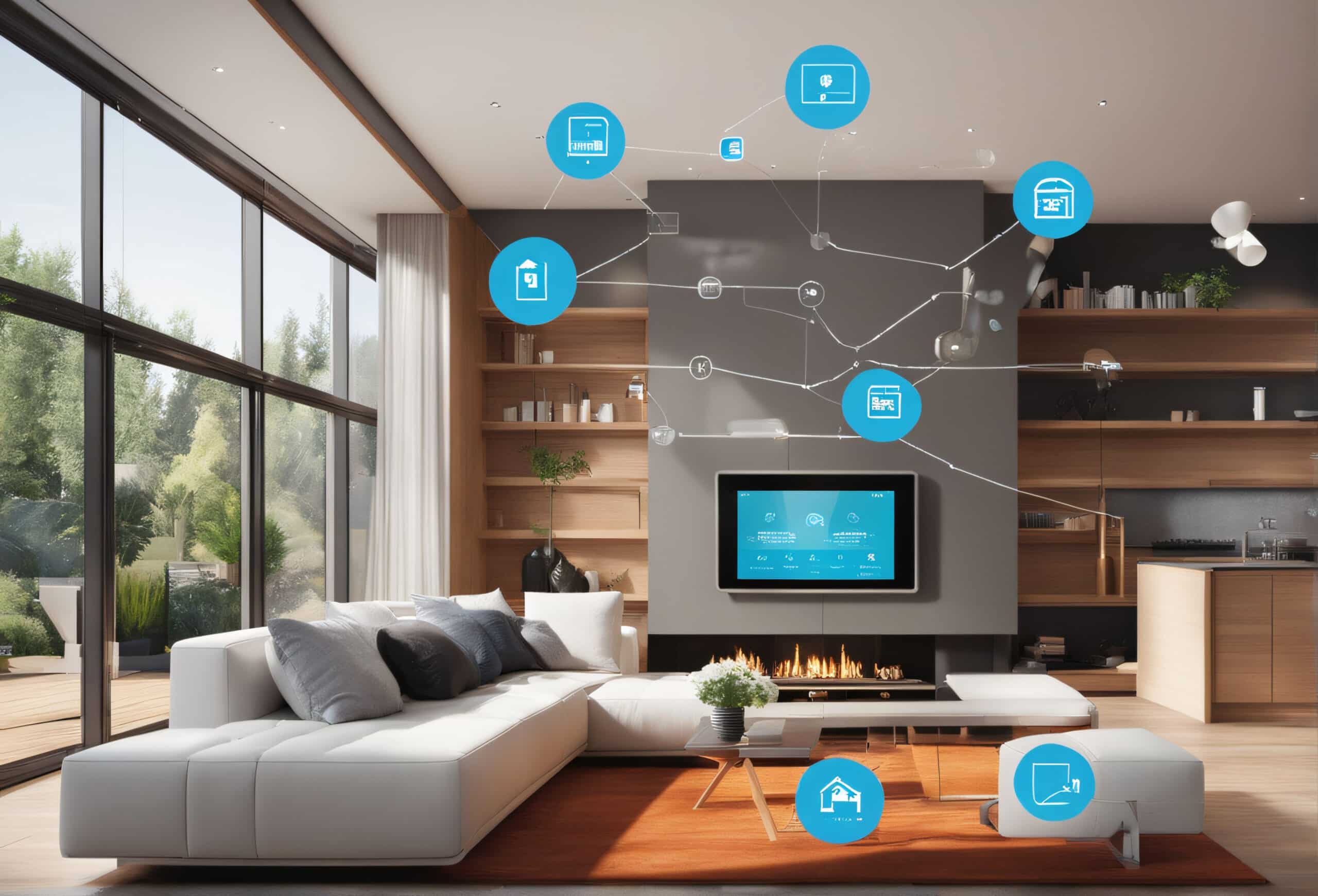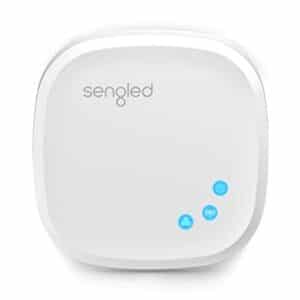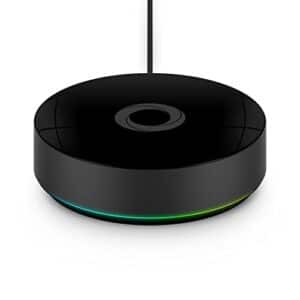Do I Need A Smart Home Hub?
Key Takeaways
- A smart home hub centralizes automation and integrates devices from different manufacturers and networks.
- A smart home hub provides convenience by allowing you to control all your devices from a single interface or app.
- A smart home hub offers customizable options and remote control capabilities, enhancing your ability to personalize routines and tasks.
If you’re considering making your home smart, one question that may come to mind is whether you need a smart home hub. With the increasing popularity of smart devices and automation, having a centralized control system can offer numerous benefits. In this article, we will explore the advantages and disadvantages of smart home hubs to help you make an informed decision.
The Benefits of a Smart Home Hub
A smart home hub acts as a central device that connects and controls various smart home devices, such as lights, thermostats, security systems, and more. Here are some key advantages:
1. Centralization of Automation and Integration
One of the primary benefits of a smart home hub is the ability to centralize automation and integrate devices from different manufacturers and networks. This allows for seamless communication and control, regardless of the protocols used by the devices. Whether it’s Wi-Fi, Zigbee, Z-Wave, or Bluetooth, a smart hub can unite them all, making your smart home experience more inclusive and versatile.
2. Convenience and Simplified Control
Having a smart home hub means you can control all your devices from a single interface or app. Instead of juggling multiple apps for each individual device, you can have everything in one place. This convenience makes managing and operating your smart home more efficient and user-friendly.
3. Customizable Options and Remote Control
A smart home hub often offers a wide range of customizable options. You can create personalized routines, set schedules, and automate tasks according to your preferences. Additionally, most smart hubs provide remote control capabilities, allowing you to monitor and control your home devices from anywhere using your smartphone or tablet.
4. Potential for Advanced Routines and Communication
With a smart home hub, you have the potential to create more advanced routines and enable communication between devices. For example, you can set up a routine where your lights turn on, the thermostat adjusts, and your favorite playlist starts playing when you arrive home. The ability to orchestrate such interactions enhances the overall automation and convenience of your smart home.
5. Enhanced Security
Smart home hubs can also contribute to enhanced security. Some hubs offer features such as identity theft protection and monitoring services, adding an extra layer of security to your home. By centralizing control and monitoring, you have better oversight of your security systems and devices.
Considerations and Limitations
While smart home hubs provide numerous benefits, there are a few considerations and limitations to keep in mind:
1. Cost
Smart home hubs can be more expensive than individual devices. However, it’s important to consider the long-term value and convenience they bring to your smart home ecosystem. Determine your budget and prioritize the features that are most important to you.
2. Cybersecurity Risks
As with any connected device, there is a potential risk of cybercrime and online vulnerability when all your devices are connected to a hub. It’s crucial to choose a reputable smart home hub brand and ensure regular software updates to mitigate security risks.
3. Compatibility and Interoperability
Not all smart devices are compatible with every smart home hub. Before purchasing a hub, make sure it supports the devices you already own or plan to purchase. Additionally, consider hubs that support interoperability standards like Matter (previously known as Project CHIP) to ensure future compatibility as the smart home industry evolves.
Do You Need a Smart Home Hub?
The decision to invest in a smart home hub ultimately depends on your specific needs and preferences. Here are a few scenarios to help you determine if a smart home hub is right for you:
- If you have multiple smart home devices from different brands and want to centralize control and automation, a smart home hub can be beneficial.
- If you prefer the convenience of managing all your devices from a single app or interface, a hub can simplify your smart home experience.
- If you want to create advanced routines and enable communication between devices, a hub offers the necessary capabilities.
- If you value enhanced security features and want a centralized monitoring system, a smart home hub can contribute to your peace of mind.
However, if you only have a few smart devices that can be controlled independently, you may not necessarily need a hub. Many devices can be controlled directly through their own apps or voice assistants like Alexa or Google Assistant.
Conclusion
A smart home hub can greatly enhance your smart home experience by centralizing control, integrating devices, and providing advanced automation capabilities. It offers convenience, customization, and potential security benefits. However, it’s important to weigh the cost, cybersecurity risks, and compatibility considerations before investing in a hub. Assess your specific needs, preferences, and the devices you already own to make an informed decision.
Related Websites:
FAQs:
Q: What is a smart home hub?
A smart home hub is a central control device that connects and manages various smart devices in your home. It acts as a gateway, allowing you to control and automate your smart devices through a single interface.
Q: What are the benefits of using a smart home hub?
Using a smart home hub provides improved convenience and ease of use by allowing streamlined control of multiple smart devices through a single interface. It also enhances interoperability and compatibility, enabling you to connect and control devices from different brands and protocols. Additionally, a smart home hub increases security and privacy by offering centralized control and monitoring of security devices and better protection against potential vulnerabilities in individual devices.
Q: Do I need a smart home hub?
The need for a smart home hub depends on personal preferences and needs. If you have multiple smart devices and desire a centralized control system, a smart home hub can greatly simplify your experience. However, it is important to evaluate your existing smart devices’ compatibility with hubs, assess your desired level of automation and control, and consider budget constraints before making a decision.
Q: What are the alternatives to using a smart home hub?
If you prefer not to use a smart home hub, you can still control your devices using individual smart device apps. Voice assistants, such as Amazon Alexa or Google Assistant, can also serve as an alternative control method. However, it’s important to note that not having a smart home hub may limit interoperability and convenience, as you’ll need to manage multiple apps or rely on voice commands for control.
Q: What should I consider before purchasing a smart home hub?
Before purchasing a smart home hub, evaluate the compatibility of your existing smart devices with hubs. Assess your personal needs and desired level of automation and control. Consider your budget and the cost-effectiveness of investing in a smart home hub based on the features and benefits it offers.






